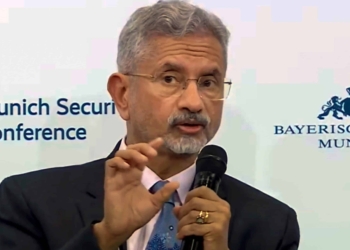The Cabinet Committee on Economic Affairs (CCEA), chaired by Prime Minister Narendra Modi, has approved the revised SHAKTI policy, streamlining coal allocation for thermal power plants.
The new policy replaces the previous eight-category system with just two windows, making coal procurement simpler and more transparent.
Under Window-I, coal will be provided at notified prices to central and state power producers, including independent power producers (IPPs) selected through competitive bidding. Window-II, however, allows coal to be secured at a premium, offering flexibility to power producers with or without a power purchase agreement (PPA).
Industry experts welcome the move, noting that eliminating the PPA requirement for Window-II ensures greater market dynamism. Power plants can now sell electricity freely, boosting efficiency and meeting fluctuating demand more effectively.
The revised SHAKTI policy also aims to reduce coal imports, allowing imported coal-based power plants to use domestic coal, thereby strengthening India’s energy independence. Furthermore, the emphasis on pithead power plants—those located near coal sources—will optimise transportation costs and reduce electricity tariffs for consumers.
Additional measures include linkage rationalisation, which will streamline coal transportation, easing railway congestion, and further cutting costs for power producers. An empowered committee, comprising officials from key ministries, will oversee implementation and make necessary policy adjustments.
The revised SHAKTI policy marks a significant step toward enhancing coal availability while ensuring fair pricing and long-term sustainability in India’s power sector. As the nation moves forward with this progressive coal allocation strategy, stakeholders anticipate reduced operational costs, improved energy accessibility, and strengthened infrastructure for power generation.





























